Smooth Buttercream Cake Frosting
Now available for FREE
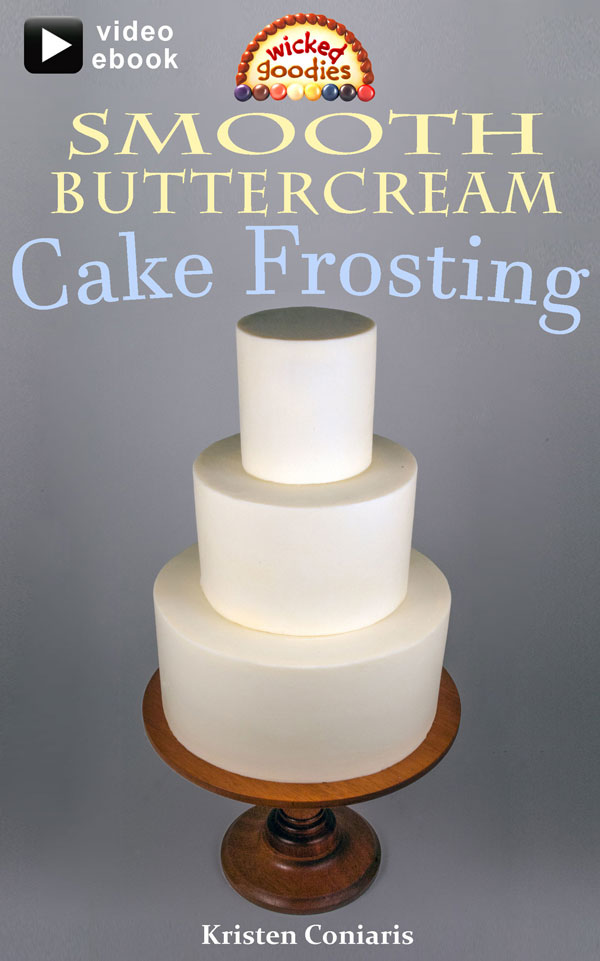
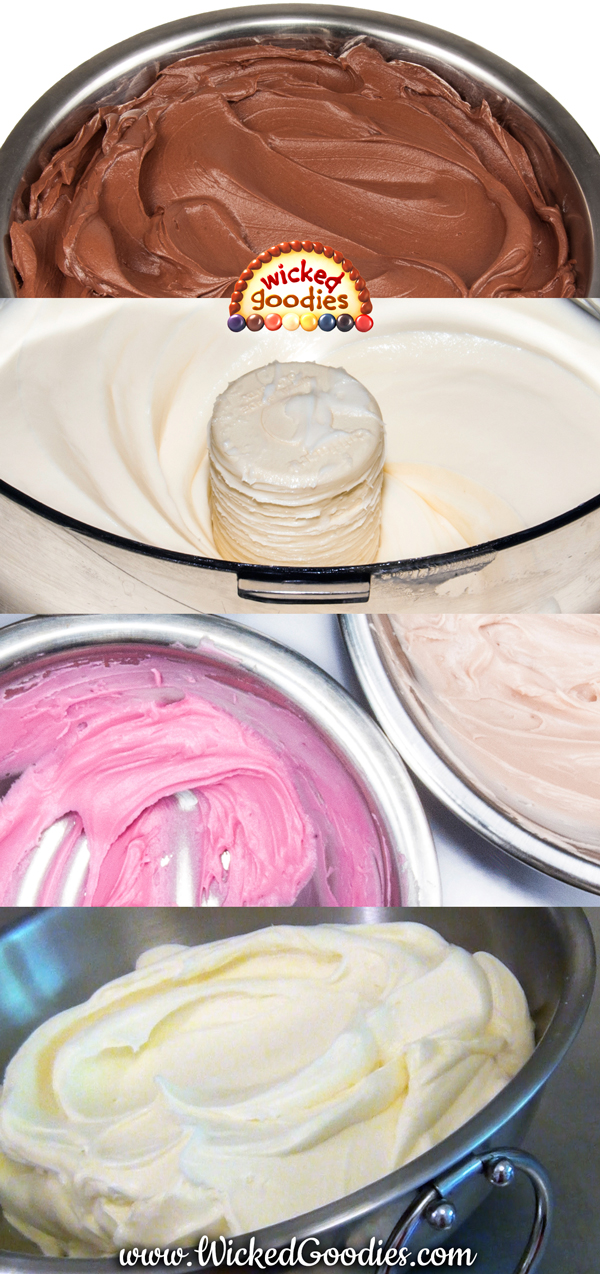
Highlights Include
- How to make silky-smooth American style buttercream (chocolate & vanilla)
- Professional cake frosting basics using minimal tools and minimal effort
- Keys to mastering round/cylinder cake frosting
- Tricks for the more challenging angles on square/rectangle shaped cakes
- Bonus lesson on how to pipe a dot cascade design
The lessons are designed for those who want to learn how to frost cakes smoothly without depending on expensive gadgets or elaborate “shortcuts.” The techniques shown are especially applicable to those who make wedding cakes or who are studying for a career in pastry arts.
Smooth Buttercream Cake Frosting Book Trailer
Note: The recipes call for the use of both an electric mixer and food processor. This is not a crusting buttercream.
TABLE OF CONTENTS
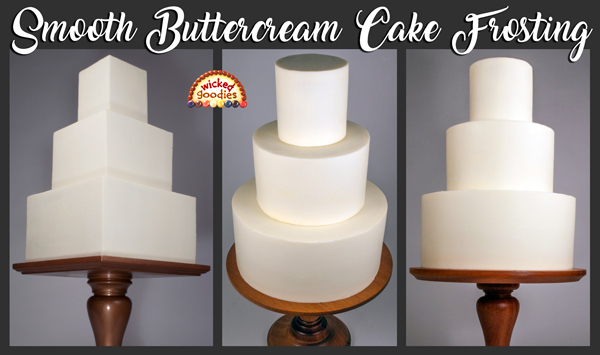
Smooth Buttercream Frosting
-
-
- Introduction to Cake Frosting with Smooth Buttercream
- American Buttercream Basics
- VIDEO: How to Make Smooth Buttercream [4:11]
- Buttercream-Making Tools
- Vanilla Buttercream Recipe [printout]
- The Mixing Phase
- The Processing Phase
- Chocolate Buttercream Recipe [printout]
- Buttercream Making Tips
- Frosting Temperature
- How to Color Buttercream
- Blending Buttercream Colors
- Piping with Buttercream
-
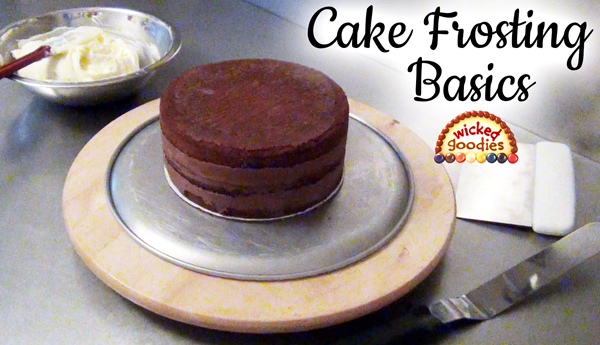
Cake Frosting Basics
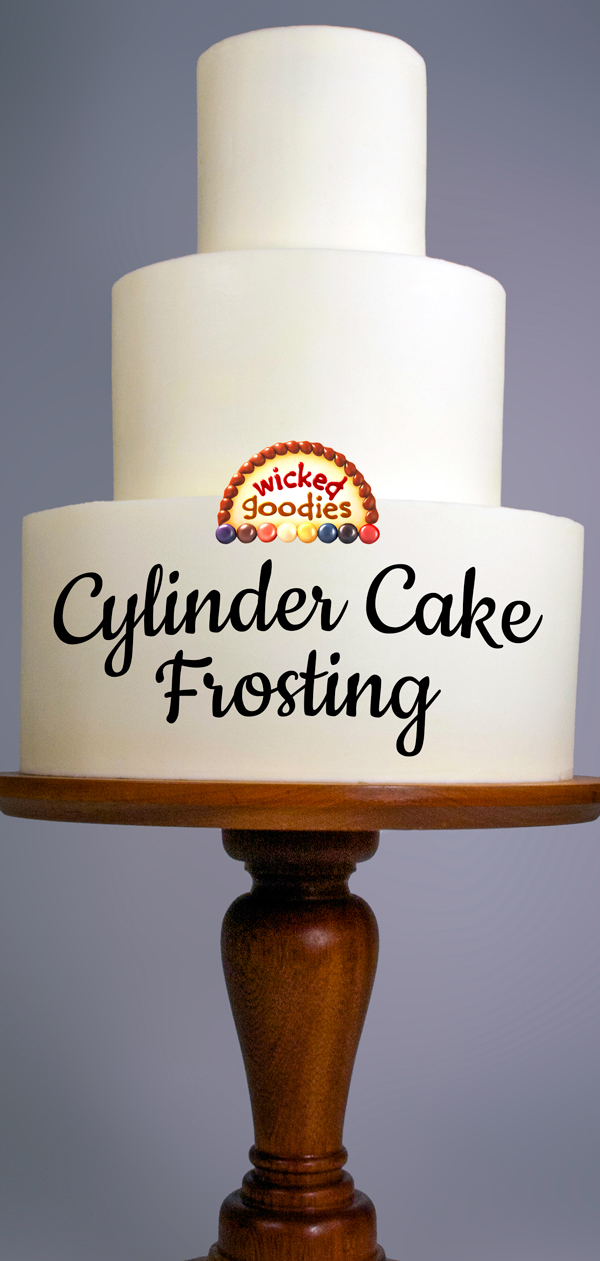
How to Frost a Round Cylinder Cake
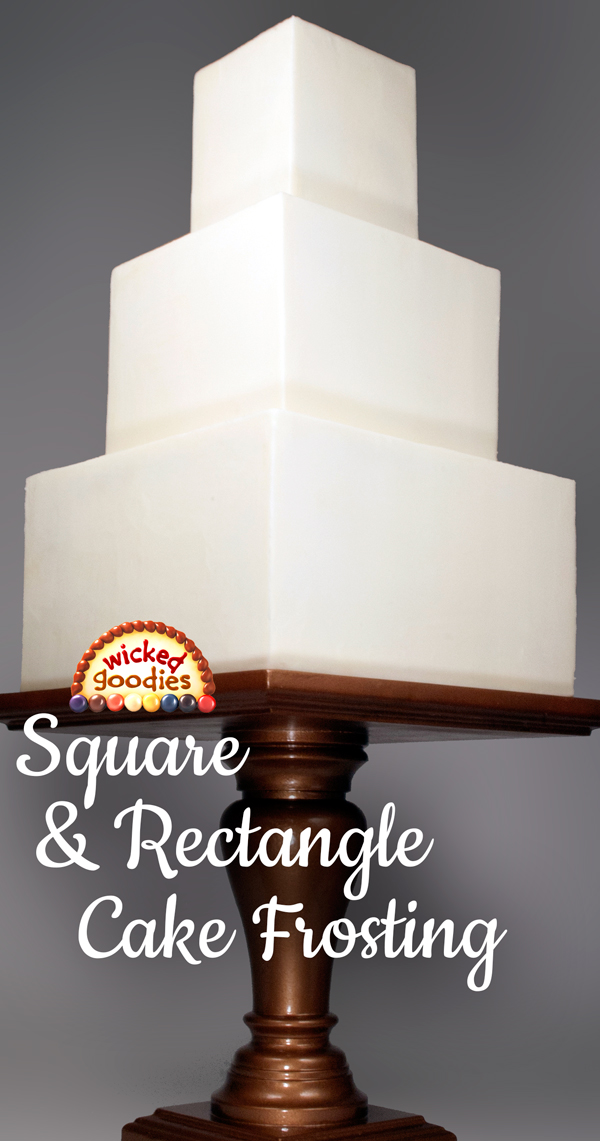
How to Frost a Square or Rectangle Cake
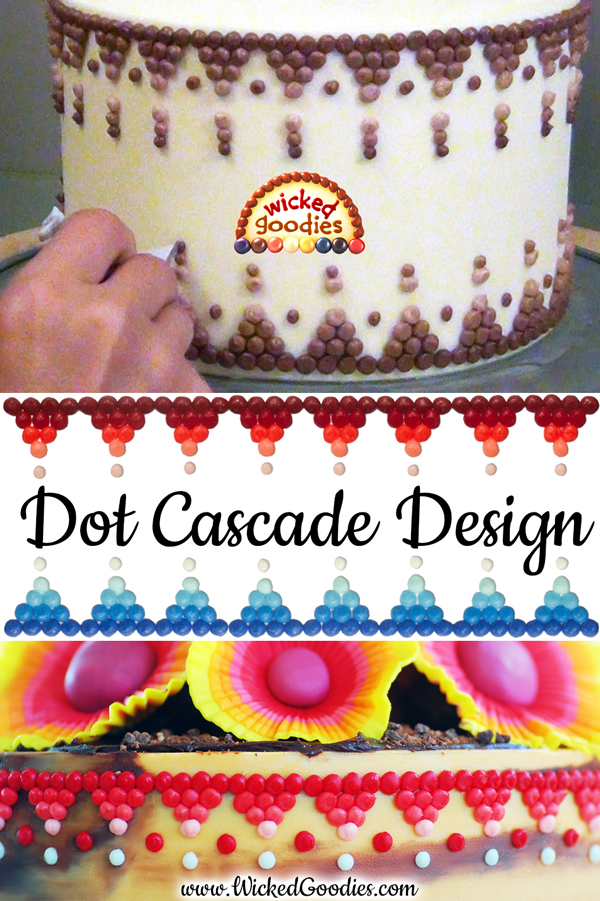
Buttercream Piping: Dot Cascade Design
-
-
-
- VIDEO: Buttercream Dot Cascade Design [3:49]
- Practice Template, Dot Cascade [printout]
-
-
START READING FROM PAGE 1
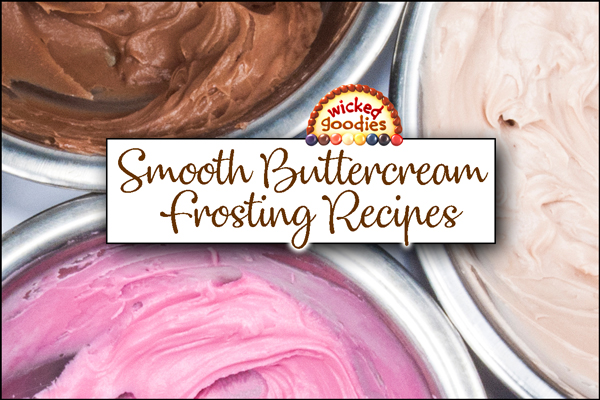
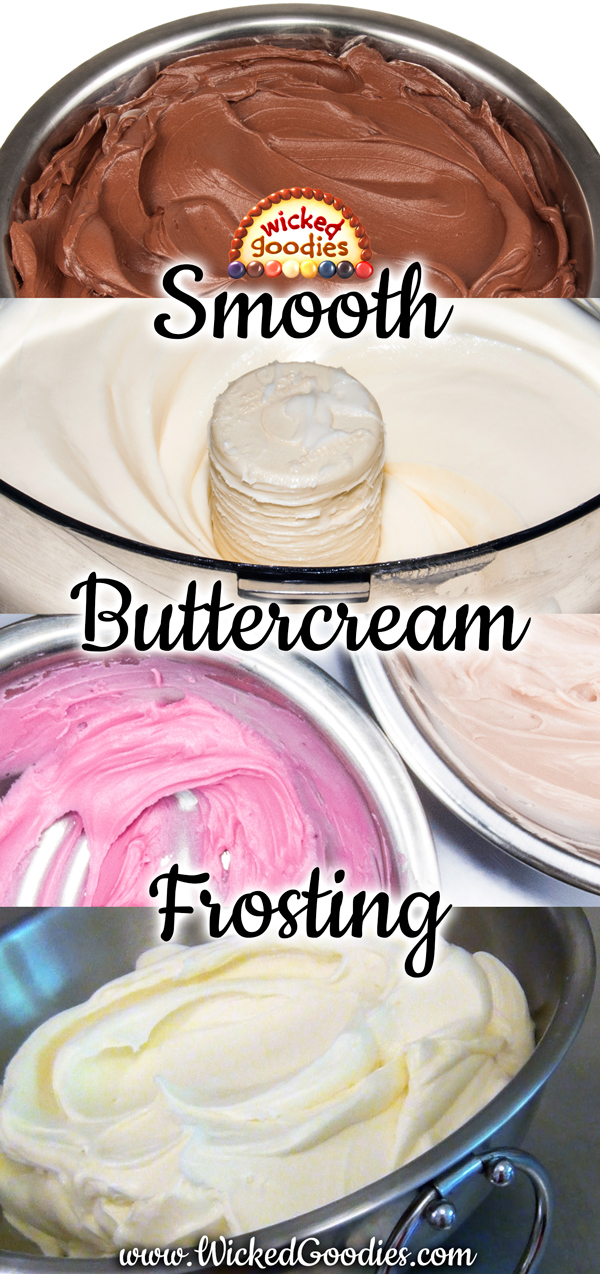
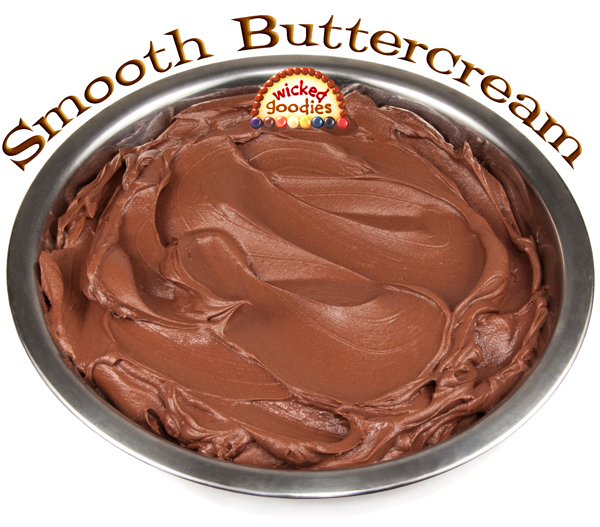




Please email me the link for your smooth buttercream recipes. Thank you
Trying to figure out how to purchase it. Thank you for your help.
y99li0
lqskzi
How do I purchase the Smooth buttercream frosting book.
Thank you
I’ve really enjoyed the techniques from this ebook especially with the cake filling method. It has definitely been a good source for me.
I’ve been watching your video tutorials on YouTube and wanted to step up my game with your smooth buttercream so I purchased the PDF. I read the buttercream section and instantly understood why my recipes never seemed to be as perfectly smooth as they should. Without giving away the book secrets, the simple tips on how to achieve the smooth texture has changed my thought process and I intend to see if I can apply these tips to other icing formulas.
I’ve had you modeling chocolate book for years and just got it out for roses. I have decided to make my hobby a business, I am very interested in other books you offer on the cake and bakery business. I am making my niece’s wedding cake in May this year and want it to be perfect. So I’m baking up a storm and honing my decorating skills. Thank you for the bread tip instead of cake. I almost bought 2 cake dummies today but the cost is ridiculous!
No website yet. I’m in process of obtaining a business license. And no cake photo yet. Stay tuned!
Kim
Really enjoyed this ebook. I am very excited about trying your buttercream method.
I would love to try your recipes but if I have to keep going from link to link to find one it’s just not worth my time. You might consider turning down the chatter and just getting to the recipes!
Not a happy baker
I’m sorry if this has been asked before. But is this the same buttercream you use to do fondant cakes?
Yes – it’s the same buttercream I would use to crumb coat a cake that gets covered in fondant.
My frosting did not turn out white and it’s runny after running it through the food processor, any idea what I may have done wrong? ☹️
You can only achieve a truly white colored frosting using and clear vanilla substitute + synthetic fat such as shortening. When real butter is involved, your batch will take on its yellow tone. When real vanilla extract is used, it will slightly darken the tone. In my opinion, both of these ingredients are well worth the the superior flavor and texture they bring to the recipe. However there are pros and cons to each option. You can read more about it here: Butter vs. Shortening
As for your batch coming out runny, I couldn’t say what went wrong having not been there to see it made. You might try setting that bowl of frosting in a cool place for a while (not the fridge but someplace cool and shady) in case the problem is that the butter got melty. If that doesn’t solve the problem, try adding more confectioners sugar.
Great book with clear pictures. I’d like a clearer time line for how long to “slack off” and how long is too long to leave in the fridge vs freezer. (My freezer is small)
I’m glad you enjoyed the book. Here are some articles related to your question.
This long form tutorial goes in depth on How to Freeze and Thaw Cakes.
This video, entitled Layer Cake Filling in the Pan – Part 1 – Freezing, discusses the variables most likely to impact the length of time a cake can be stored in your freezer.
For optimal freshness, I recommend aiming to limit the total amount of time a cake spends in your fridge (prior to sale or prior to serving) to three days or less.
Here is a deep dive into the topic of How to Fill Layer Cakes in the Pan.
Here is a sample timeline: Cake Planning Schedule.
How long can a cake, with your stablized cream cheese filling, sit out at room temp?
Sarah,
For all cakes that include sensitive ingredients like butter and/or cheese, I aim to keep the display time down to four hours or less.
Just purchased, Cant wait to try the buttercream recipe. If it is as good as it smooths I will be so happy.
Hi!! Kristen
Just bought your book. Can’t wait to get started! I was actually more interested in your filling recipes. Where do I find them?
Thanks , Liz
Here is the link to the Streamlined Layer Cake Filling Menu, which I recommend reading first.
Here you can skip straight to the list of 11 Filling Flavors
Bjr. Peut on avoir le livre en français ? Can i have thé book un french language?
Hi
I just downloaded the book however I’ve just lost it. Is there any chance of getting it again without going through PayPal and paying for it again?
Thank you
I just emailed you with the solution
I’ve just tried the buttercream frosting and mine looks too…umm, yellow. I know its due to the butter but is there any way to make it a bit whiter?
Yes. All-natural buttercream is going to be slightly yellow. And that is okay.
I recommend researching this and experiment thoroughly before trying it on a big batch but I have a heard about a trick that involves incorporating a microscopic amount of violet food coloring into your buttercream to offset the natural yellow tint of butter.
I have somewhat improved this issue, by making my own whipped butter as it’s less yellow using good quality heavy cream whipped into butter.
Use vegetable shortening
I have made a double batch of butter cream icing and it turned out great, tomorrow I will crumb and then later ice it. My question is I usually do borders around the cake and I can not any tips on borders. I only find your dot border. Will this icing hold for a big star or shell border, it seems a little thin for that.
Hooray! I’m glad your icing turned out well.
Yes – it works with all the tips including shell border. Note that as with any piping project using natural buttercream, if you keep holding onto the piping bag, the heat of your hands will eventually melt the butter. So any time the bag is not in use, I recommend putting it down.
Good luck with your cake!
Lots of information!
I purchased your buttercream basics and really like your attention to detail and the photos. I have been gathering the equipment I need and plan to begin experimenting and practicing soon!
I have a question does this book have all the tips you’ve mentioned in it like about freezing and filling methods or is it just about buttercream also does it have your buttercream recipes in it?
The topics covered in this book are all listed above. The book includes two buttercream recipes. The emphasis is heavy on the frosting technique. Throughout the videos, you will learn about how to use the refrigerator to your advantage. I do reference the freezing and filling method but I don’t get into it in depth because that is all free information that is available publicly here on this site.
Thank you so much for your help. I really appreciate it. I have one more question for you. I’m going to make a birthday cake for my partner and I was thinking about what flavors. If I use your recipe for the strawberry purée and cream cheese filling what would you recommend for the crumb coating? Would you just do the cream cheese frosting or some type of ganache? She doesn’t like chocolate so I have to stay away from that. I just want the flavors to compliment each other. It will be covered with fondant also.
I would use either buttercream or ganache for the crumb coat because cream cheese filling isn’t the most stable frosting. Both work well under fondant.
Thank you
My smooth buttercream always cracks. Any tips to avoid this?
Michelle,
First, to be sure, are you using the recipes in this book? One of things I like about this recipe is that it has some elasticity due to the corn starch in the confectioner’s sugar so it’s not as prone to cracking compared to Italian and swiss style buttercreams which have a different composition.
However, if you are indeed using the recipes in this book, I can take a stab at why you might be seeing cracks:
– The cake does not have a solid enough working platform so when you pick it up and move it around, the whole cake bends. (The platform should be solid and not at all bendy, especially for sheet cakes.)
– The cake is not a solid, cold mass to begin with (See this filling method for solutions.)
– The cake is being frozen after the frosting stage (not recommended because freezing a cake causes the liquid inside of it to expand, which exerts pressure on the finish from the inside).
Hi Kristen, your videos helped me tremendously. I repeatedly watched your youtube videos; filling cake layers, wooden dowels, the one about condensation. They were so informative, the perfect length and just a great resource. This ebook on buttercream is so outrageous. I feel like I have been waiting for this secret for YEARS! It was such a small price to pay to learn this trick (which I can NOT believe I never thought of myself). Job Well Done. I would like you to make some videos on fondant if possible or at least tell us weather you work with it or not. I know you like modeling chocolate but I have failed miserably at that and not sure I am ready to try it again any time soon.
This cake was really important to me because it was the first time I made something for my best friend. It was the first time I really felt confident in my work because I knew this system was tried and true. I can’t wait to practice some more and I hope to see more of your work in the future.
Oh my goodness, Yolanda. I am just ticking down this comment section here answering questions and what a joy it was to scroll down and discover your masterpiece. This cake came out looking incredible! Are you serious with that little yoda figurine? Holy smokes. Bravo. Your best friend must have been thrilled. I’m so glad you found this technique to be helpful. Thank you for sharing the good news with an image.
As for your fondant woes, I get so many requests to do videos on fondant but all my work with that medium was done at a job where there was no time to spare. I hardly even photographed one cake while I worked at that bakery and by the time I was done, the internet was so well populated with fondant videos that I decided to focus my efforts on modeling chocolate, which was more in demand at that point.
I regret that I never took the time to do some fondant videos because I learned so many things about it but I just didn’t love the medium enough to get excited about using it in my own business. At that time, I was honestly kind of biased against fondant (except in combination with modeling chocolate) because I found modeling chocolate to be so superior. In retrospect, fondant has its advantages but I maintain that it’s not the most fun thing to eat. I can tell you that fondant is also one of those things that requires lots of practice. In beginning, my fondant-covered cakes were a hot mess. I had to get my feel of it using trial and error. I had to rip it on the edge of a bunch of square cakes before I learned how to do better. Like so many things in cake decorating, swiftness and confidence is the key to success. You gotta work the fondant as opposed to letting the fondant work you, if you know what I mean.
The tiers on cake in this photo here look like they are fondant covered and like you did an excellent job too.
Hello,thanks for your swift response. A quick question is it possible to travel with the frozen cakes and freeze it again when I get to my destination pending went I want to cover the cake with fondant. And while working on the cake won’t it sweat and make a mess before the it gets to the venue.thanks.
Hi there.
I’ve got some information on condensation here. Once you freeze a cake, it’s better to keep it frozen as opposed to putting it through the process of a freeze-thaw-freeze. If the destination is far, you can send your cakes, undecorated, through mail, in insulated boxes with dry ice. If you happen to be driving to your destination, you can keep the cakes as cold as possible in coolers and then freeze once you reach the destination. Either way, it helps to keep the layer cakes in their pans when traveling, as per this method. The pans will prevent outside elements from leaking in and will also hold the layers together all together nice and snug.
Hi – wanting to buy the book as loved the u tube videos.. but have a couple of questions..
if I don’t own a food processor can the icing be made in a cake mixer or hand beaters?
And I’m in Australia and hard to get shortening which I find a lot of USA recipes have.. is this based on shortening or butter? Many thanks amy
The recipe is butter-based. It includes no shortening. It’s easier to do in a stand mixer than with hand beaters but you could use either. The food processor is key to making it as smooth as advertised but yes, technically you could go without it (that is the more conventional way to make this type of buttercream). If you skip that step, the results won’t be as fluffy or optimal for piping. You may end up with some lumps and graininess.
We’ve been doing cakes for quite a while but thought we would check out your book. Lots of good pointers and ideas. Thanks, they will come in handy. Don’t have anything made yet with your pointers from this book yet but will post when we get there.
Great! I look forward to seeing what you come up with. Have fun!
I love the book, I can’t put it down. I am looking forward to using some of your techniques soon. I will post pictures in the future.
Sweet! I’m looking forward to seeing what you make 🙂
Hi,
I am living in Chennai, India. It’s very humid here and most of the frosting I’ve made don’t hold well in our climatic conditions. By the time I finish decorating the cake the design loses its shape and begins to slide off. Also we don’t get shortening or high ratio shortening in our place which are normally used in most frosting that gives the cake its neat finish.
My question is does your buttercream hold well in our type of climatic conditions?
Bhooma,
Any recipe that contains raw butter is going to react as raw butter does, including this buttercream. However note that making a successful cake is 99% reliant upon the quality of your technique, 1% reliant on the recipe. Honestly, recipes are a dime a dozen. This is not a special bulletproof one…although it is the smoothest! What I’m offering here is a kind of technique – my best strategy for frosting. It’s an especially good strategy for hot weather. I say this with confidence, having used it on sticky, 100°F days in New England as well as in a dry, desert climate with penetrating sun. But again, my success was due to the technique, which is a learned skill. Unless you get into the synthetic stuff like shortening, there is no such thing as a recipe that holds up in any weather.
Your particular situation with the challenging weather requires taking control of your kitchen environment – making it cool. If you can’t do that, you need to wait to work at the times of day when the weather is coolest, such as in the evening, long after the sun has gone down. If you can’t do that, you need to be very fast at what you do.
It’s also necessary to control the temperature within your delivery vehicle and within the event space where the cake will be displayed. The latter is a matter of communicating with the customer and asserting yourself when it comes to cake’s display location. Those two subjects are covered in my book about cake delivery. In publishing these books, my goal was to save other bakers from the frustrations that I encountered early on in my career when the weather was at its hottest. I had some meltdowns – both literally and emotionally – until I discovered solutions.
Of course. Puerto Rico is very humid. We are a tropical Island. Normally I use one with 50/50 butter and grease. Butterscream with creamchesse its imposible to stay hard with hight humidity.
Hello, I have just purchased this class but I cannot seem to log-in. The site is taking me around and around in circles. Please let me know how I can access my class after purchasing it on Paypal.
Gloria,
I can see that you purchased the PDF version, which requires no login. Right after you made your purchase, an email was sent to you containing a link that allows you to download the file onto your computer.
Will this be worth it for vegan bakers? Is it adaptable?
Super recomended!!!!!
Finally I found the perfekt buttercreamrecipe!
So happy! Thanks for sharing!!!!
I purchased this book but have not had a chance to use the buttercream recipe. However, I have been able to use the technique of freezing cakes back in the same pans they were baked in (including fillings) and this method works perfect. Wedding cake pic attached. I look forward to using more of the techniques from Smooth Buttercream book in the near future. Thank you Kristen for sharing so much great teachable moments with all of us. Take care, Sandy
I have read this book and as a beginner I have found that you make is easy to follow. I did not know you could freeze buttercream and am happy that I have a recipe to use.
Hi Kristen,
I love this book and refer to it often, so many piece of great advice as well as many handy tips and tricks.
Really liked the advice on dark color disclaimers. A very useful insight into the world of cake decorating for money. Something I hadn’t really considered.
Also, love the links within the book to video clips, it’s like having you in the kitchen.
Just one question, in the clip for the cascading dots, how much of the base buttercream did you start wiith? I noticed that you seem to take 3 scoops of the first two colours and then 2 scoops of the other three.
This e-book has changed the way I make smooth buttercream. I can now get smooth as silk frosting and get the sharp edges, a flat top and smooth straight sides! It was worth it to me to purchase this e-book. The secret piece of equipment to get the smoothest buttercream is in this book, I’ve not seen this technique used anywhere else!
One of my true loves in cake decorating is having a beautiful, smooth finish buttercream. Smooth Buttercream Cake Frosting is a quick read with tons of great tips and tricks for helping you feel confident about getting a nice finish to any cake
This book was a serious game changer for me. I had the hardest time getting my cakes to look good and smooth. I’ve watched so many video tutorials it’s ridiculous. This book helped me the most…true story.
This pdf was an invaluable resource for me when I was making a very special graduation cake. I learned so much even after making some mistakes!
And here is a picture of the cake – I used two sources : Smooth Buttercream Frosting Lessons and How to Use Modeling Chocolate.
And another
I have to put it out there I love this book. Kirsten’s very unique method of making buttercream makes it incredibly versatile. I adore piping work in buttercream and unlike a classic American style buttercream which clogs your tubes and meringue buttercreams which are too soft this buttercream is so smooth that you can pipe right down to a tip 0 making it possible to do intricate overlay piping not possible with the other types and although I do like ganache under fondant this is my preferred buttercream for use under fondant it just does the job like no other.
Here’s my first try using what I learned in your book. I could have smoothed the icing more but ran out of time. Anyhow, it’s a lot smoother and the corners are much better than the others I’ve made in this shape. Thanks so much!!
Beth,
Hallelujah! That looks VERY smooth – flawless in fact so I’m not sure what you mean that you could have made it smoother. I’m glad you were pleased with your results and I LOVE that you shared a photo. Thanks a mill for posting!
Hello. I would like to purchase the e-book. Is there another method for payment?
Credit card is the only method of payment currently available, either via Paypal or via Kobo, Nook, Kindle, or iBooks.
Thanks
This was my first attempt at something like this, not perfect, but I was happy with the results. I may have been able to get it more square had I had a little more time, but it was for a friend’s birthday and my prep time was limited. The hardest parts for me were getting the top smooth and the corners square. Thanks for the advice regarding cutting the cake, it worked perfectly!
Hey – that is fantastic, Amanda! Looks very smooth to me! It’s not easy to get the top that level and fine. I see no spatula marks! You should be very pleased with yourself. Well done ***applause***
I was wondering if I could get your buttercream frosting book in hard copy.
It’s only available in digital format at the moment.
Will it be available in hardcover again?
I haven’t considered printing any of the ebooks yet. As this one in particular has so many interactive elements like videos and product links, it wouldn’t be nearly as useful in static paper form.
After running the icing in the food processor, it came out smooth, yet it has an oily appearance. Is it normal? I ended up not using it because I was worried the icing would just slide off the cake.
Can you attach a photo? I need to get a better sense of what you mean.
I’m making a wedding cake and need a stable cream cheese icing but I cannot find where you list how much cream cheese to add to your utter cream recipe. Please help.
Cream cheese filling proportions are right here: http://www.wickedgoodies.net/cream-cheese-cake-filling/
Can you please elaborate on what it means by one part?
One unit of any size (any number of pounds or ounces)
Please forgive me but I want to be clear. If I use a lb of butter cream frosting, then I’m to add a lb of plain cream cheese?
Correct. You want equal 1:1 portions of buttercream:cream cheese
Perfect, thank you. That’s what I thought but it seemed like a whole lotta cream cheese.
No problem. Apologies that it wasn’t made more clear.
Warning NSFW photo!!!….i am looking forward to trying your buttercream recipe.i usually hate ABC because it taste soooooo sweet so honestly im really nervous to try this(usually make a hybrid version of SMBC)..but i am going to try it and just use less i guess…love your book btw!thank you for sharing this with the world!!this was my first attempt at modeling chocolate..was not financially prepared to use so much chocolate.lol WARNING-NSFW photo
Awesome cake! That sure looks like a lot of modeling chocolate!
The recipe calls for 1/2 cup of milk. That sounds like a lot of liquid. Is it possible to start with 1/4 C of milk?
The proportions in these recipes work just right. By omitting half the liquid, you will end up with a thicker, heavier buttercream, which may make it harder to pipe and frost.
My buttercream turned out gritty . What did I do wrong?
Try running it in the food processor for longer. It shouldn’t be gritty at all by the time it’s done.
Is this frosting firm enough to pipe on cupcakes and not droop? Thanks!
Yes it is absolutely firm enough to pipe onto cupcakes and will hold its shape in 3D form. Just keep in mind that when piping with all-butter buttercream, the heat from your hand can soften the frosting as it moves through the bag. So try to work quickly and don’t hold onto the bag for any longer than you have to.
Thanks!
How long can the BC be frozen?
It can be frozen for several months or even more. I keep my at-home quantities in heavy duty freezer bags, flattened to about the thickness of a book. In bakeries, I’ve frozen the buttercream in big sealed buckets. More info here: Freezing Buttercream
Thanks, Kristen! That’s great. Will I need to run through the food processor again after thawing or wil the consistency be the same as the fresh?
No you shouldn’t have to run it through the food processor again although that is certainly an option if it looks funny. I do prefer to frost with it when it’s fresh however this type of buttercream maintains a good consistency throughout a freeze/thaw. So as to always maximize its potential, I try to follow a system of frosting with a fresh batch while using the frozen batches to build fillings.
Love knowing about vakes.and frosting.
Ilove making cakes.